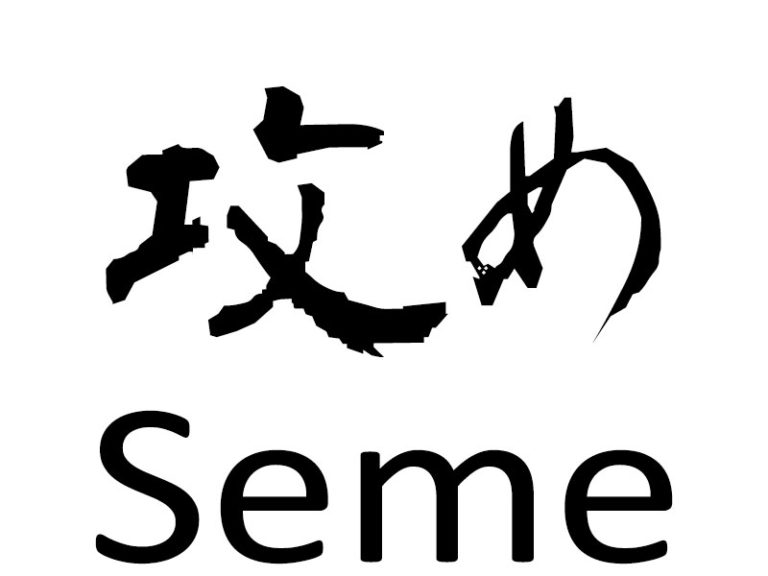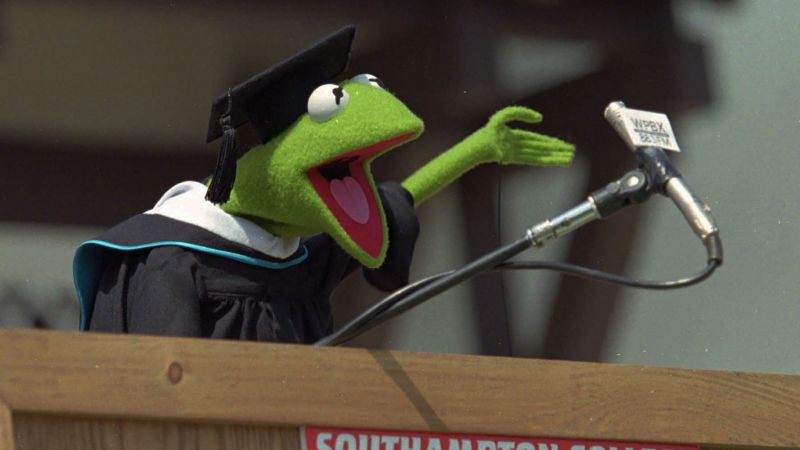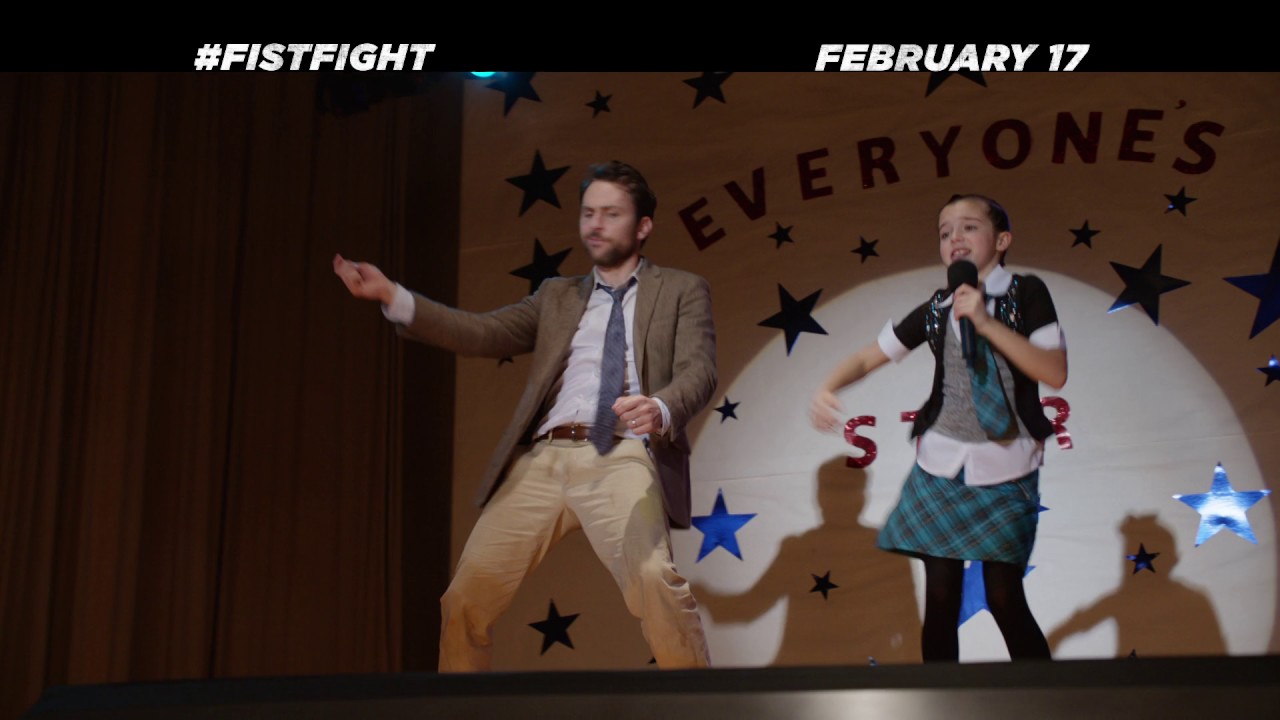The Karate Kid: A Comparative Analysis Of The Films And Remake

Table of Contents
Plot and Narrative Structure
The Original's Coming-of-Age Story
The 1984 The Karate Kid follows the classic underdog story of Daniel LaRusso, a teenager who moves to California and faces relentless bullying from the Cobra Kai dojo. His journey of self-discovery is guided by the enigmatic Mr. Miyagi, a seemingly simple handyman who secretly possesses masterful karate skills. This coming-of-age narrative unfolds through several key plot points:
- The All Valley Karate Tournament: The tournament serves as the climax, representing Daniel's ultimate test of skill and perseverance against Johnny Lawrence and Cobra Kai.
- The Crane Kick: This iconic move, taught by Mr. Miyagi, symbolizes Daniel's triumph over adversity and his mastery of karate principles.
- Daniel's Personal Growth: Throughout the film, Daniel evolves from a shy and vulnerable teenager into a confident and capable young man, demonstrating significant personal growth. This growth is directly tied to his relationship with Mr. Miyagi and his experiences facing the Cobra Kai dojo. The underdog story of Daniel's triumph is a central theme, resonating with audiences across generations. These elements combined make The Karate Kid 1984 a quintessential coming-of-age story.
The Remake's Modern Adaptation
The 2010 remake of The Karate Kid, starring Jaden Smith, shifts the setting to China. Instead of facing off against a karate dojo, Jaden's character faces challenges navigating a new culture and dealing with school bullies. His mentor is Mr. Han, a Kung Fu master who uses a similar approach to Mr. Miyagi, although the specific training and cultural context differ significantly.
- Relocation to China: This change provides a fresh perspective, introducing elements of Chinese culture and Kung Fu into the narrative. The setting and the style of martial arts are key differences in plot.
- Updated Challenges: While the core theme of overcoming adversity remains, the challenges faced by Jaden's character are adapted to a modern and international context, reflecting a globalized world. The conflicts are less explicitly about dojo rivalry and more about fitting into a new environment.
- Similarities and Differences: While both films share the basic structure of an underdog story with a wise mentor, the remake modernizes the plot, setting, and even the martial art style.
Character Development and Relationships
Mr. Miyagi and the Master-Student Dynamic
The relationship between Mr. Miyagi and Daniel LaRusso in the original The Karate Kid is central to the film's success. Mr. Miyagi's wisdom, patience, and unconventional teaching methods are instrumental in Daniel's growth. Their bond extends beyond mere karate training, forming a powerful mentorship that transcends cultural differences.
- Mr. Miyagi's Wisdom: His seemingly simple tasks, like waxing cars and painting fences, secretly teach valuable karate techniques and life lessons. This unique approach makes his wisdom both profound and memorable.
- Master-Student Relationship: The dynamic is characterized by respect, trust, and mutual understanding, creating a deeply satisfying and meaningful connection for both characters. This powerful master-student relationship forms the emotional core of the original film.
- Impact on Daniel's Character: Mr. Miyagi's guidance enables Daniel to overcome his fears, build confidence, and develop into a well-rounded individual. This mentorship is central to Daniel's self-discovery.
The Remake's Reinterpretation of Mentorship
In the 2010 remake, the mentor-mentee relationship is reinterpreted through the lens of cross-cultural interaction. Mr. Han, while sharing similarities with Mr. Miyagi in his wisdom and dedication, has a different approach rooted in Chinese culture and Kung Fu traditions.
- Mr. Han's Character: Mr. Han is a more reserved and stoic figure compared to the playful yet deeply caring Mr. Miyagi. He brings a distinct cultural perspective to the mentorship dynamic.
- Cultural Differences: The difference in their teaching styles directly reflects their cultural backgrounds and emphasizes the cultural differences in approach to training and life lessons.
- Master-Student Relationship (Remake): The relationship between Jaden's character and Mr. Han is still powerful, but it expresses itself in a different way, reflecting the changed cultural context. The master-student relationship (remake) is more subdued but just as important.
Themes and Cultural Context
Bullying, Perseverance, and Self-Discovery (Original)
The original The Karate Kid powerfully explores themes of bullying, perseverance, and self-discovery, resonating deeply with audiences of all ages. These themes, relevant in the 1980s and still pertinent today, contribute to the film’s enduring appeal.
- Bullying: Daniel’s experience with Cobra Kai highlights the damaging effects of bullying and the importance of standing up for oneself.
- Perseverance: His unwavering dedication to karate training, despite numerous setbacks, demonstrates the power of perseverance in achieving one's goals. This is a core element of the underdog story.
- Self-Discovery: Daniel’s journey of self-discovery is marked by his growth in confidence, self-reliance, and understanding of himself and the world around him. The 80s cinema context adds a nostalgic element to these themes. The original film's cultural impact is undeniable.
Cultural Exchange and Adaptation (Remake)
The 2010 remake emphasizes themes of cultural exchange and adaptation, reflecting a more globalized world. Jaden Smith’s character experiences firsthand the challenges and rewards of navigating a new culture and finding his place in an unfamiliar environment.
- Cultural Exchange: The film depicts the exchange of ideas and traditions between American and Chinese cultures, showcasing the richness and diversity of different cultural perspectives.
- Adaptation: The process of adaptation, both physical and emotional, is a major theme, illustrating the difficulties and triumphs of integrating into a new culture.
- Cross-Cultural Understanding: The film subtly promotes cross-cultural understanding, showcasing the universal themes of friendship, mentorship, and self-discovery that transcend geographical boundaries. The modern themes of the remake reflect the shifting global landscape. Global cinema has clearly impacted the adaptation.
Conclusion
Both The Karate Kid (1984) and its 2010 remake explore similar themes of perseverance, mentorship, and self-discovery. However, the original film's focus on a classic underdog narrative set within the context of 1980s American culture creates a nostalgic and powerfully resonant experience. The remake, while successfully modernizing the story and introducing elements of Chinese culture, ultimately lacks the same emotional depth and cultural impact.
The key takeaway is that both films offer valuable insights into the universal themes of overcoming adversity and finding one's place in the world. While the original The Karate Kid remains a cinematic landmark, the remake serves as an interesting adaptation for a modern audience.
Which Karate Kid film resonates most with you, and why? Let us know in the comments! Watch both versions and experience the enduring legacy of The Karate Kid for yourself.

Featured Posts
-
 Kermit The Frogs Commencement Speech University Of Maryland 2025
May 23, 2025
Kermit The Frogs Commencement Speech University Of Maryland 2025
May 23, 2025 -
 Egan Bernals Comeback Insights From Medical Research Following A Crash
May 23, 2025
Egan Bernals Comeback Insights From Medical Research Following A Crash
May 23, 2025 -
 Get The Answers Nyt Mini Crossword April 18 2025
May 23, 2025
Get The Answers Nyt Mini Crossword April 18 2025
May 23, 2025 -
 Aldatildiklarinda Aninda Tepki Veren Burclar
May 23, 2025
Aldatildiklarinda Aninda Tepki Veren Burclar
May 23, 2025 -
 The Role Kieran Culkin Lost To Eric Andres Choice
May 23, 2025
The Role Kieran Culkin Lost To Eric Andres Choice
May 23, 2025
